Consumers Credit Union of Mundelein, Illinois offers positions in their Banking Apprenticeship program that pay apprentices for 40 hours of work a week, which includes the time needed to earn an Associates degree AND pays tuition!
0 Comments
Interested in being part of a life-saving team that helps deliver the life-saving gift of organ transplantation? Don't have a medical, nursing, or college degree? You can still be part of this life-saving team! There are dozens, even hundreds of professionals who help make each organ donation happen, and if you have a high school degree and a driver's license, you can get started. So what kinds of entry level jobs exist? A simple google search of "jobs organ transport" returned 60 mostly relevant jobs. A search for the same terms in indeed, glassdoor, and other job search sites, returns several entry-level jobs that allow you to get your foot in the door. Here are screen shots of some of the opportunities that I found with my searches. So is There a Career Path?Once you develop some experience on the job, you have opportunities to increase your professionalism through certification examinations from the American Board for Transplant Certification and The Organization for Donation and Transplant Professionals. Which certifications you pursue will depend on where your passions lead you.  The American Board for Transplant Certification (ABTC) provides transport-related certification as follows: Certified Procurement Transplant Coordinator (CPTC); Certified Clinical Transplant Coordinator (CCTC); Certified Clinical Transplant Nurse (CCTN); and Certified Transplant Preservationist (CTP). The examinations to qualify for these certifications are generally earned after you have worked for some time in your profession (See https://abtc.net/candidates/examination) .  The Organization for Donation and Transplant Professionals, established to provide a professional organization and training for the role of coordinator in the donation and transplantation process. NATCO offers three levels of certification: Certified Clinical Transport Coordinator (CCTC); Certified Clinical Transport Dietician (CCTD); and ongoing continuing education to maintain certifications. Good luck with your future endeavors! If I can be of assistance in your future educational planning, please reach out to me at [email protected]
 Some Universities really practice what they preach. Take Western Michigan University’s commitment to the success of their students with autism. For students with autism (and comorbid conditions) who have successfully gained admittance to WMU’s undergraduate program, there are several layers of support available. First, there is the Dean of Students, supported by the office of Student Affairs, which is committed to helping all students succeed at Western by connecting them to resources across campus including academic advisors and career services counselors. 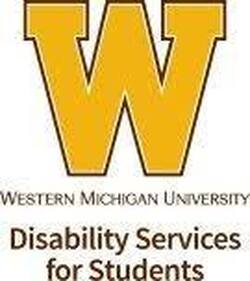 Then, there is the office of Disability Services for Students, whose office works toward inclusion, acceptance, respect and empowerment for every student, by helping each student with disabilities develop a plan of ADA-compliant accommodations and services that allows them to successfully access their college education.  Finally, there is the Autism Services Center, whose services go "beyond the reasonable accommodations provided by the Americans with Disabilities Act Amendment Act and WMU's Disability Services for Students. Support components include weekly one-on-one meetings with the ASC coordinator or graduate assistants, workshops and informational sessions, organized social events, and increased communication between students and professors, staff, and parents." To receive ASC services, students must apply for services by filling out an ASC application and having their parents fill out a questionnaire. This is a tremendous opportunity to manage your way through college and to a professional existence in a manner that respects your gifts and your neurodiversity. Other schools have similar programs. Leave a comment if you would like to see profiles of other schools with similarly inclusive programs for autism or other disabilities. And please contact me if I can be of assistance in setting up services for your college experience!
 Go Gophers! Danni had her heart set on attending the University of Minnesota with a major in computing. The only problem is, Minnesota has not offered her a spot in the Freshman class. There is no where else that she wants to go, and she just wants to try to get in again next year. What should she do while she waits? Gap years are not unusual. But despite the sort of hippy-dippy connotation, how you use your gap year should help you continue on your journey in life. You might travel, or get a job, or volunteer. You also might continue to work on your academics so that you are able to attend your dream college down the line. Let's look a one way to continue your academic journey, while strengthening your application for admission next year (or later). Taking college classes will change how you will apply for admittance to Minnesota. If you are a high school student or a high school graduate who has never enrolled as a student in a college, you apply as a freshman. In contrast, if you have taken any college-level courses, you will probably need to apply as a transfer student. The good news, if you are applying as a transfer student, is that some or all of your college course work will apply toward your work toward graduation at Minnesota.
This is a good opportunity to take a step back and look at what it will take to earn a bachelors in computing at University of Minnesota. A review of the course catalog shows three potential majors at Minnesota: Computer Engineering, Computer Science, and Data Science. You can find a four year course plan for each of those degrees on the Minnesota web pages. The table below compares the first semester courses required for each of those degrees. It is notable that colleges require you to take classes that are not in your degree, to ensure that you have all the writing, analytical, and communications skills necessary to become a professional in your chosen field. Also interesting is the fact that the first year coursework in computer engineering, computer science, and data science requires taking the same classes Completing the first year coursework as an out-of-state student from Illinois would cost Danni $35,348 in tuition and fees. Time does not stand still, and there is always more than one way you can achieve your academic goals. If I can help you create a similar alternate route in your educational journey, please contact me.
Apparently, nothing. Two young men with nonverbal autism have successfully graduated from the University of California in Berkeley. Congratulations, David & Hari!
Remember, that with the right supports, nothing about your disability needs to define who you are or what you can accomplish. Who says that you have to choose between being a storyteller and a scientist? Kenyon College Provost Joseph L. Klesner argues that the two actually go together, like chocolate and peanut butter. LOL, I said the chocolate and peanut butter; Provost Klesner more academically says that the opinion that humanities and sciences don't go together is actually a "false dichotomy." And furthermore, that there is great value of "the liberal arts in connecting disparate disciplines for a more holistic view of the world." (https://www.kenyon.edu/news/archive/scientific-storytelling/) While some students are clear about a thing they want to study in college, most students are curious about a lot of things. Human beings are multifaceted creatures, loving art and math; chemistry and poetry; engineering and musicianship. There are studies and ideas that we have not even heard about that might be fascinating, if only we had a chance to learn about them. That's the point of a liberal arts education. A liberal arts education is about learning about a lot of things: arts, sciences, writing, human nature, history, and even about political systems and ideological systems. NOT to indoctrinate you, but to educate you about the world, including about worlds that you have not yet experienced. Kenyon College's program in scientific storytelling is an incredible opportunity for student-scientists to share science through language. For student-writers to "tell compelling stories about nature and other scientific topics." To create consumable science to share with the rest of the world, helping those of us "out here" in the real world to keep up with science in a way that engages us, and that equips up to live our lives. As students get ready to embark on their own college searches, please look for colleges that will allow them to explore everything about the world that they are curious about. The stars, the environment, music making, poetry, history, human nature, and everything else. That is capable of engaging the students thinking deeply about what matters in the world, and how they want to engage with reality. A place to meet similarly curious classmates, and to benefit from the mentorship of faculty who care about how well students are learning.
Does your college require a foreign language study component? Are you having trouble fitting it into your schedule, or is foreign language study foreign to you? Perhaps you might benefit from summer immersion studies offered by several accredited colleges and universities that give you an opportunity to engage in concentrated language study without any other coursework to distract you. These programs offer an opportunity to study full time for seven or eight weeks, and finish with credit for a full year of college language study (a total of eight credit hours in most cases), which can be transferred back to your home college according to their transfer credit policy. Here are a few with which I have had personal experience:Beloit College Center for Language Studies offers summer classes in Chinese, Japanese, Portugese & Russian. Portuguese is first year only; all other languages are offered first through fourth year studies. https://www.beloit.edu/summer-programs/center-for-language-studies/Indiana University offers summer classes in 25 languages with up to five levels of study. Languages offered include: Akan, Arabic, Azerbaijani, Bosnian Croatian Serbian, Burmese, Chinese, Dutch, Estonian,Hakha Lai, Hungarian, Indonesian, Japanese, Korean, Kurdish, Kyrgyz, Latvian, Lithuanian, Monglian, Pashto, Persian, Polish, Russian, Swahili, Turkish, Ukranian, Uzbek, Vietnamese, and Wolof. https://languageworkshop.indiana.edu/languages/index.htmlMiddlebury Language Schools offer summer immersion studies in Abenaki, Arabic, Chinese, French, German, Hebrew, Italian, Japanese, Korean, Portuguese, Russian, & Spanish. https://www.middlebury.edu/language-schools/how-it-works/programs University of Chicago Summer Language Institute offers course in intermediate Spanish, French, Chinese, Turkish, Arabic, and Latin; and elementary Spanish, Latin, Korean, Japanese, German, Ancient Greek, French, Chinese, Arabic, and Ancient Greek. https://summer.uchicago.edu/programs/summer-language-institute In addition, your local community colleges may also provide interesting courses over the summer that fulfill your language or other educational requirements at your university.
|
Knox College Summer Studies | This is the maiden summer for an academic summer term at Knox College. Classes meet two and a half hours a day, five days a week. from June 9 - July 2, 2021. Knox bills per class (equivalent to 3.3 credit hours), at $1600 per class, with discounts and some federal financial aid available to qualifying students. You should submit the appropriate registration forms by May 7, and payment is due on May 20. |
St Olaf College Summer Terms | St Olaf College operates two summer terms, the first running June 7 - July 15; the second running July 19 - August 25, 2021. Registration opened on March 8. Current students register through the SIS portal; all others fill out the guest registration form. To see courses offered during the summer term, run a search for all departments and all majors during each summer term. An illustration of what that search looks like for a Summer Session 2 search is included below: |
Beloit College Summer Courses | Beloit has a well developed summer study program, divided into three group: Virtual Summer Blocks meeting three weeks from May 31- June 18; Virtual Summer Mods that run seven weeks from June 21-August 6; and Center for Language Studies covering a full year of college language studies in two 3.5-week terms, from June 21 - August 6. Summer blocks and mods cost $2400 per course; language studies cost $4000 for the full seven weeks (billed $2000 at a time). Beloit also uniquely offers a summer course in collection care, for the future museum curators amongst us. |
| How will you spend your summer? Please let me know of other programs that you think offer great opportunities for summer study and enrichment. And please let me know if you have other topics that you would like my to explore in the future post! | |
How could this happen to me?
College is harder than high school. If you are living on campus, you are now also in charge of setting priorities and managing your time without the safety net of your loving parent. Because you are often taking only 3 or 4 or 5 classes, you seem to have a lot of free time. And you were successful in high school, so just doing what you did in high school seemed like it should be enough, right?
| Actually, college SHOULD be different. In general, you cover twice as much content during one semester of college as compared to how much to cover in a high school class. And while it looks like you have more time on your hands because of the lower number of classes, in actuality, the classes are designed to keep you busy 35+ hours per week. In fact, you should plan to work independently (or in groups) two hours for every hour of class time. So, if your class meets three times a week for an hour each time, you should plan to work an additional six hours a week on readings, assignments, project and pondering. Those of you on a credit hour system can do the math pretty easily: if you are taking 12 credit hours, you will be studying an additional 24 hours for a 36 hour work week. If you are taking 18 credit hours, you'll be working 36 hours on your own for a total of 54 hours. College is really a full-time job if you want to get the most out of your experience. | "College is really a full-time job" |
Figuring out the Consequences
Do this Search: | So, you're here because you failed a class, or maybe almost failed a class, or maybe just didn't get the "straight A's" that you used to get in high school. What now? Well, it depends on how many classes you failed, where your GPA is, and what your school's academic policies are with regards to GPA. Policies are unique to each school, so you need to find and understand the policy at your school for your program. Make sure if you are in the school of nursing, you are not looking at policies for the college of liberal arts; if you are an undergraduate, you are not looking at graduate policies. The easiest way to find the details of the policies at your school is to do a search for "<<Your College Name>> academic probation" In most cases, if this search does not get you directly to the relevant information, you are only a couple a clicks away from the right information. |
Academic Probation: What is it?
| What's academic probation? It's a status for students who are struggling enough that the college is concerned that they will not be able to successfully complete their degree if things don't get turned around. In general, it is a GPA lower than 2.0, or a failing grade accompanied by an additional unsatisfactory (below a C) grade. It's an opportunity to reflect on what is happening, and to get organized with strategies that are likely to succeed in getting better academic results in the next term. Most colleges give you a semester to produce better results, but the risk of not improving your grades is that you could get dropped, that is, you could be disenrolled from the college. | Take academic probation seriously. It's a wake up call that something needs adjustment. |
So, What Really Went Wrong? Personal Challenges.
Be honest about what really happened. | So what do you do? The first step is to figure out what went wrong. Did you actually put in two hours of work for every hour of class time? If not, why not? You might have over-scheduled yourself in other activities (including paid work); you might have decided that you never studied in high school so you figured that would work for college; you might have tried to study but found yourself consistently distracted; and so on. Be honest about what really happened, so that you can put in place plans to overcome the problem. If you're not exactly sure of what happened, ask some of your classmates what they observed. If you were mostly over-scheduled, then pare down the number of non-academic activities to less than 10 hours total. If you were highly distractable, find a better place for you to study, like the library or at a study room on campus. Talk to your academic dean and your college/major advisors for ideas on what resources are available on campus to help you achieve a more successful semester. |
What Else Went Wrong? Potential Institutional Challenges.
| What if you did put in the time and still did poorly? This situation could point to many possible factors, including unaddressed issues of mental health like anxiety; or learning disabilities like dyslexia, dyspraxia, adhd, and the like; or even physical disabilities that affect your ambulation, endurance, or access. What is NOT likely is that "you just didn't want it enough" or "you just aren't smart enough." You earned admission to your school based on their careful review and assessment that you DO have what it takes to be successful. And really, nobody wants to fail a class. | The problem is not your intelligence or your laziness. |
Are some of the problems too big to solve on your own? Help is available. | If you are not being successful because you have challenges that have less to do with your academic ability and more to do with how you are "wired" not matching "things are done," it's time to consider securing reasonable accommodations through the college's Disability Services department. Most schools want to provide the reasonable accommodations that could help you be more successful, like taking your tests in a quieter environment, providing texts in an audible format, or moving classrooms to an accessible space. |
| Even if they are not happy to do it, they are required to do so by federal law if they accept any federal funds that cover your tuition. Furthermore, they are not allowed to retaliate against you for needing or asking for the reasonable accommodations. It's in everyone's interest that you successfully complete your college degree and get a good job so that you can be a productive taxpayer one day. So you have a responsibility to identify what you need to be successful. | The world needs you to be successful. |
Setting Up Success: Personal Responsibility
How do you do that? There are things you can do on your own, such as securing appropriate medical treatment, therapies, and practices. You should do that.
A good place to start is your pediatrician or family doctor. Tell them what went wrong at school in terms of physical health, mental health, distractability, and so on. Talk about things that you knew you needed to do but did not seem to be able to get done. Talk about how you wish things have turned out. And talk about whether you have identified issues that could use a closer look by a specialist.
One specialist that you should definitely look into is a psychotherapist with experience working with college students like you. You should find someone who understands your interests and your priorities and with whom you could develop a trusting relationship. Your psychotherapist can help you understand how things are going, create strategies to improve how things are going, and simply help you document what is going wrong so that you can express that to other members of your healthcare team. At this stage of the pandemic, most psychotherapists can meet via videoconference, so they will be able to continue to meet with you once you are back on campus.
The other specialists that you need will depend on what you are experiencing.
A good place to start is your pediatrician or family doctor. Tell them what went wrong at school in terms of physical health, mental health, distractability, and so on. Talk about things that you knew you needed to do but did not seem to be able to get done. Talk about how you wish things have turned out. And talk about whether you have identified issues that could use a closer look by a specialist.
One specialist that you should definitely look into is a psychotherapist with experience working with college students like you. You should find someone who understands your interests and your priorities and with whom you could develop a trusting relationship. Your psychotherapist can help you understand how things are going, create strategies to improve how things are going, and simply help you document what is going wrong so that you can express that to other members of your healthcare team. At this stage of the pandemic, most psychotherapists can meet via videoconference, so they will be able to continue to meet with you once you are back on campus.
The other specialists that you need will depend on what you are experiencing.
Setting Up Success: Institutional Responsibility
At the same time, there are also things that the school will do to help make things more manageable.
You will need to get registered with the college's department that oversees accommodations and disability services. They will need documentation from your doctors identifying the medical and behavioral conditions that underlie your need for accommodations, describing the disabling functional impacts that your conditions entail.
The college accommodations specialist will be able to help you anticipate the problems that may arise as a result of your situation, and identify ways to neutralize the problems. So, if your anxiety makes it impossible to complete an exam in the regular exam room, they can help you make arrangements to take tests in an "alternate setting" that provides less distractions and allows you to take breaks to keep yourself calm. If you have trouble reading long texts, they can secure audible versions of your texts. If your intermittent migraines or IBS cause you to lose several days of consciousness a month, they can help you secure extensions for work that comes due during an attack. The key is to be specific about what could go wrong so that plans can be made to deal with the situation.
You will need to get registered with the college's department that oversees accommodations and disability services. They will need documentation from your doctors identifying the medical and behavioral conditions that underlie your need for accommodations, describing the disabling functional impacts that your conditions entail.
The college accommodations specialist will be able to help you anticipate the problems that may arise as a result of your situation, and identify ways to neutralize the problems. So, if your anxiety makes it impossible to complete an exam in the regular exam room, they can help you make arrangements to take tests in an "alternate setting" that provides less distractions and allows you to take breaks to keep yourself calm. If you have trouble reading long texts, they can secure audible versions of your texts. If your intermittent migraines or IBS cause you to lose several days of consciousness a month, they can help you secure extensions for work that comes due during an attack. The key is to be specific about what could go wrong so that plans can be made to deal with the situation.
A Note About Anxiety
I have worked with many students who struggle with anxiety.
Anxiety is often under-treated for a variety of reasons. Some people don't like the idea of medications. Others think that overcoming anxiety is matter of will power or character. Still others think it shows weakness and will prevent you from seeking future opportunities. Some think working with a therapist is some sort of quackery.
Here's the bottom line: you are better off doing well academically while treating your anxiety than you would be bombing classes on a regular basis. Failing academically takes a terrible toll on your self esteem, and it is an exceptionally expensive way to do school because classes need to be retaken (or worse yet, you give up and never get your college degree).
In my experience, anxiety is one of the more dangerous conditions to your academic success and to your overall well-being. Please find the courage to pursue practices, therapies, and medications that help you work to your full potential.
Anxiety is often under-treated for a variety of reasons. Some people don't like the idea of medications. Others think that overcoming anxiety is matter of will power or character. Still others think it shows weakness and will prevent you from seeking future opportunities. Some think working with a therapist is some sort of quackery.
Here's the bottom line: you are better off doing well academically while treating your anxiety than you would be bombing classes on a regular basis. Failing academically takes a terrible toll on your self esteem, and it is an exceptionally expensive way to do school because classes need to be retaken (or worse yet, you give up and never get your college degree).
In my experience, anxiety is one of the more dangerous conditions to your academic success and to your overall well-being. Please find the courage to pursue practices, therapies, and medications that help you work to your full potential.
Navigating All of It.
All the little details involved in sorting out your academic status, changing your habits, securing appropriate healthcare, and securing appropriate accommodations can be overwhelming. I work with students sort out their challenges, discern their interests and strengths, and secure the administrative support they need to get back on solid footing. If I can be of service on your journey, please contact me.
I love getting to know my students and their families. I feel privileged to meet people who love one another so deeply, and who are committed to the student's future.
| The tremendous variety of each student's passions, talents, and lives keeps me optimistic about the future. There is no such thing as an "average" student, just as there is no such thing as an "ideal" student. At the same time, each student is PERFECT as they are. Our greatest job together is to define that perfection as it is today, and our goals for what perfection may look like tomorrow. This information allows us to properly discern which post-secondary experiences will permit this student to develop their mojo and explore their options for their own future. | "...each student is PERFECT as they are." |
Lofty goals? Perhaps. But it is critical that we focus our college selection on this student in front of us. It helps our student refine their interest in pursuing further education, so that they know why they are going to college, especially when the student might not consider themselves to be an "ideal" student. College is a lot of work and costs a lot of money, and our student's vision for what they want out of college will help them work though the tough times that will be part of the wonderful experience of college.
My process begins with questionnaires that let me get to know the student, through their eyes and the eyes of their parents. I ask about likes, dislikes, hopes, worries, assumptions, and visions. I include a functional questionnaire for students who are concerned about inclusion and accommodations. I review academic records, extracurricular activities, any any relevant health records. And I listen. All this is to make sure that the student is at the center of the college selection process.
"We find the PERFECT FITS in THIS STUDENT'S slots of safety/probable/reach schools." | All of my expertise is only valuable if it is specifically and uniquely applied to this student's reality. I don't pretend that any college is perfect for all students, nor do I pretend that the hundreds with which I have personal knowledge are the only colleges to consider. We embark on a journey together to discover which post-secondary experiences will best meet the student where they are as a place for the student to learn, develop and thrive. We find perfect fits in the student's slots of safety/probable/reach schools. And we develop the student's voice in the application materials to give them the best opportunity for admission and scholarship dollars. |
We can get all this done on whatever timeline you have available. I have students start the process anywhere from middle school through senior year. I recommend starting during sophomore or junior year to give the student the best opportunity to get comfortable with their priorities and with their college selections. It gives us time to find our voices, test out some colleges in person, and to get our application materials built in a timely manner. Please contact me if you are interested in my services on your collegiate journey.
Author
Shepherding our children to adulthood demands our love, our attention, and our acceptance of who they are.
Archives
February 2023
December 2022
August 2022
May 2021
April 2021
January 2021
October 2019
September 2019
February 2019
January 2019
December 2018
June 2018
January 2018
December 2017
November 2017
September 2017
March 2017
February 2017
January 2017
February 2016
December 2015
November 2015
October 2015
September 2015
May 2015
November 2014
October 2014
September 2014
July 2014
Categories
All
Amenities
College Selection
Extra Curriculars
Majors
Recreation

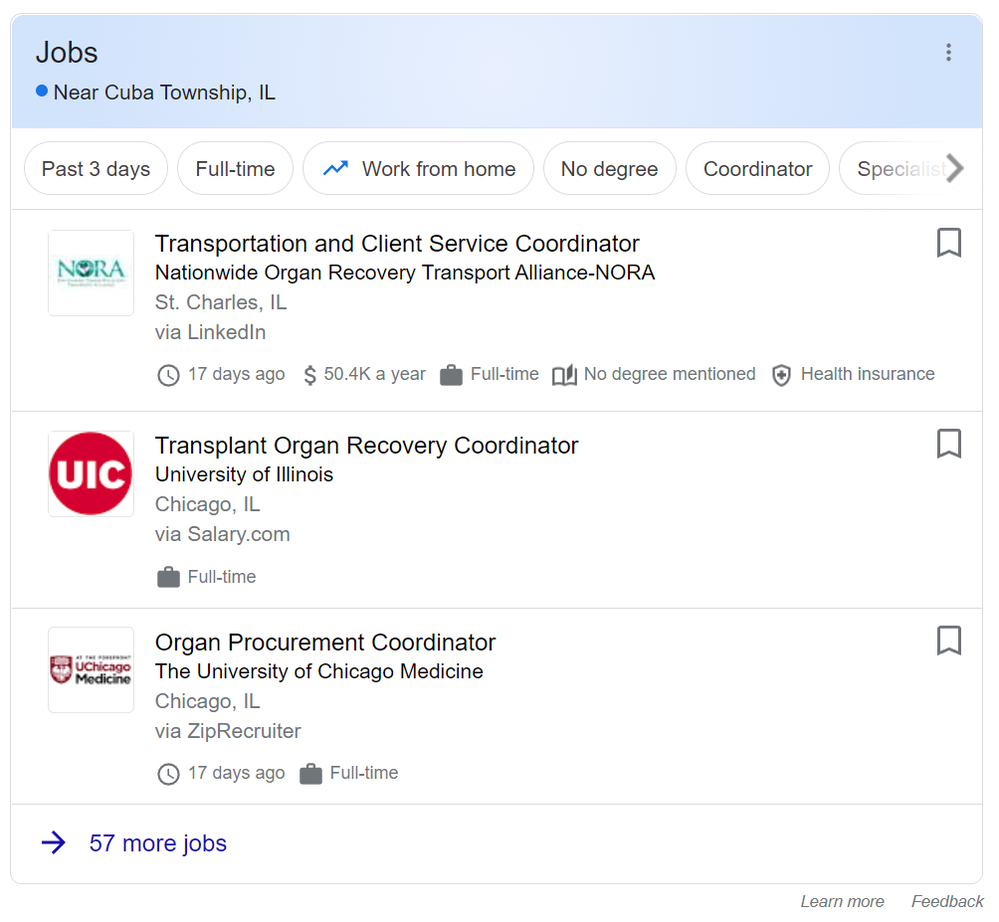

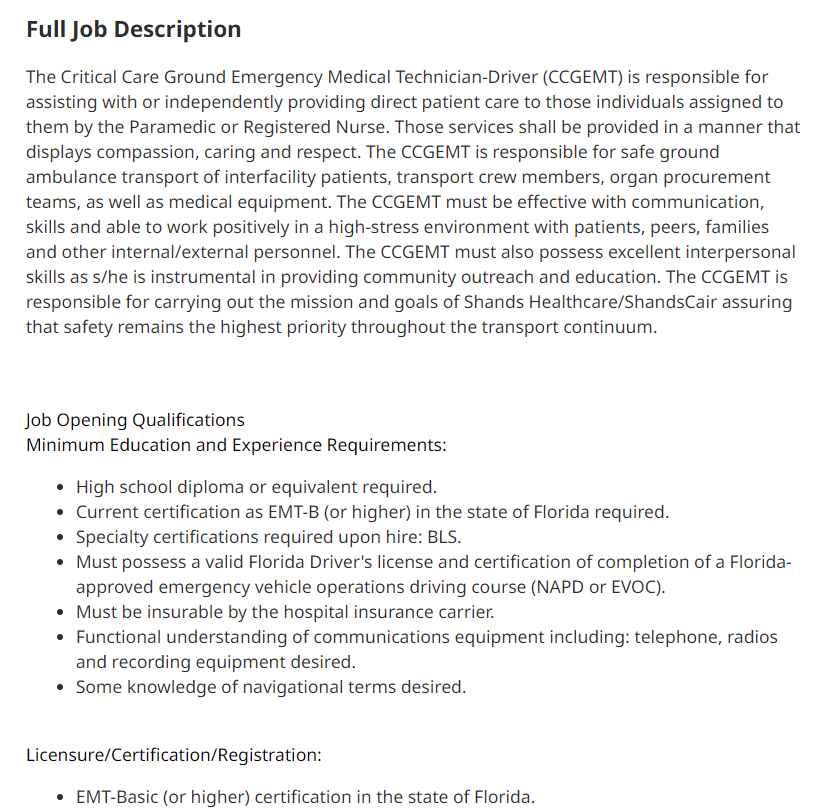
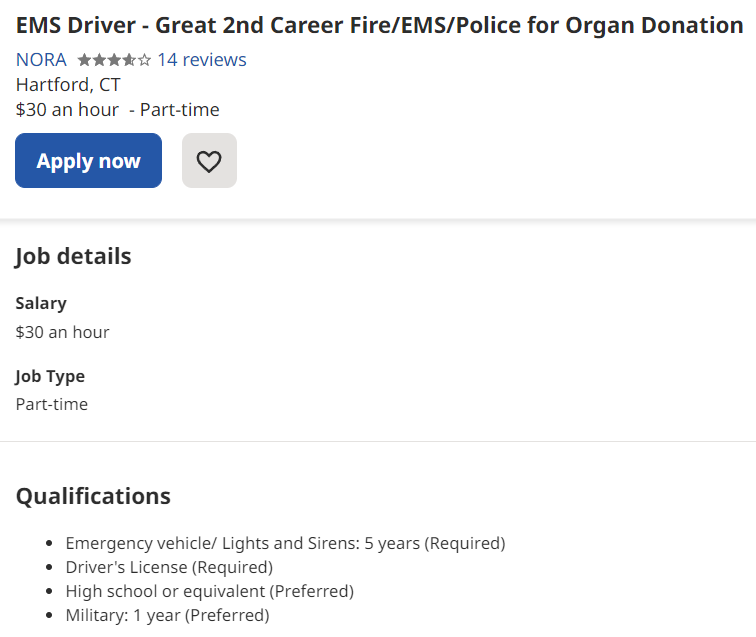
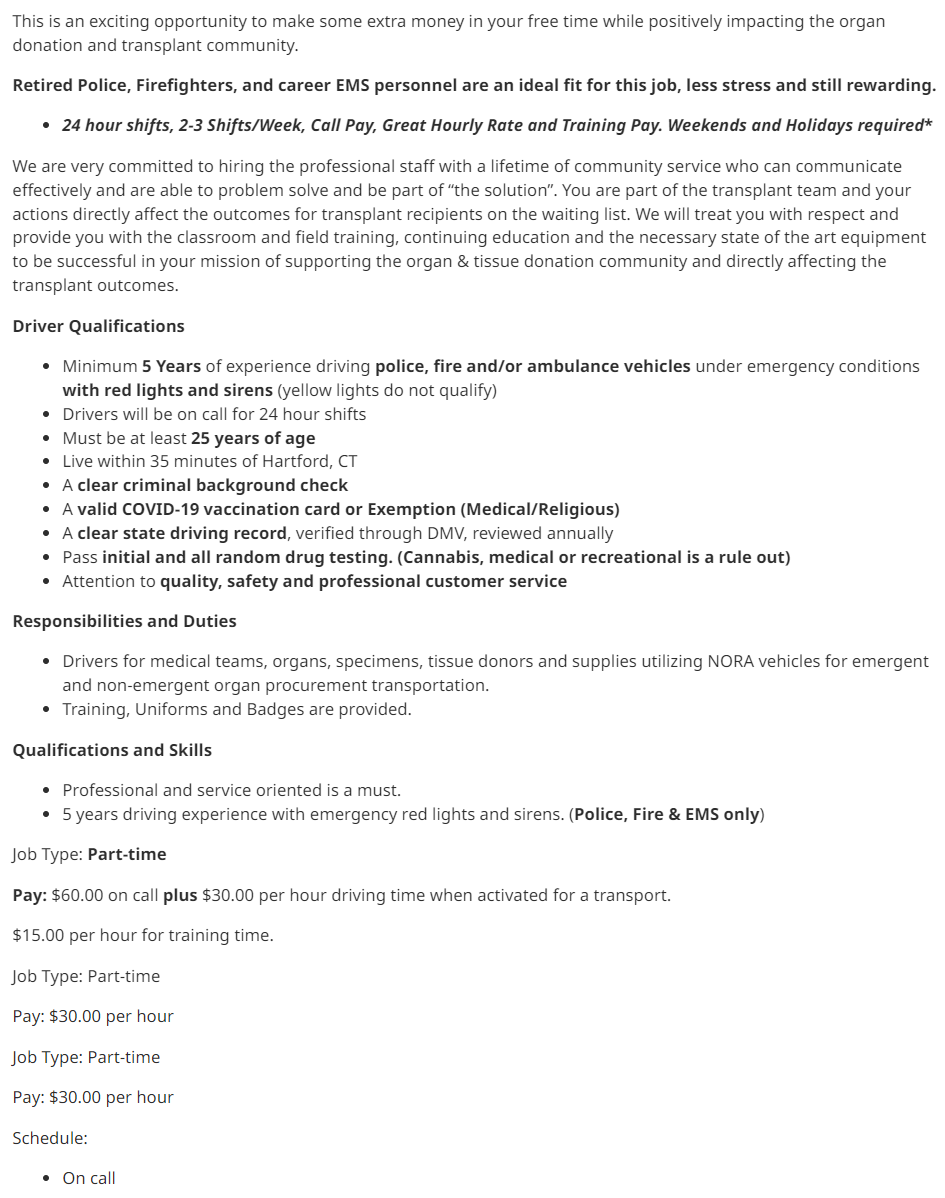
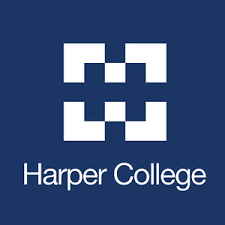
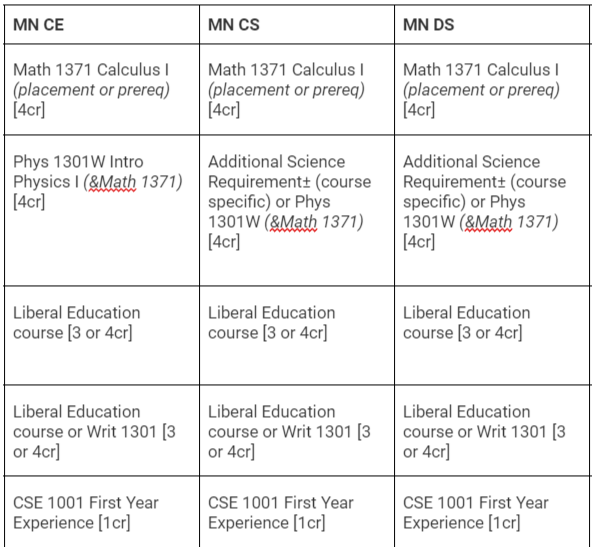
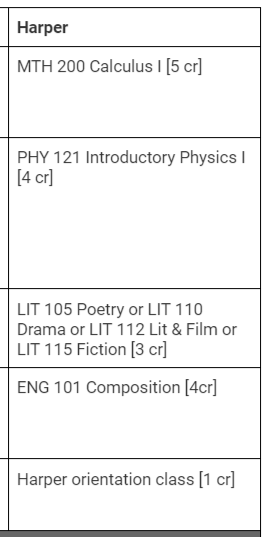





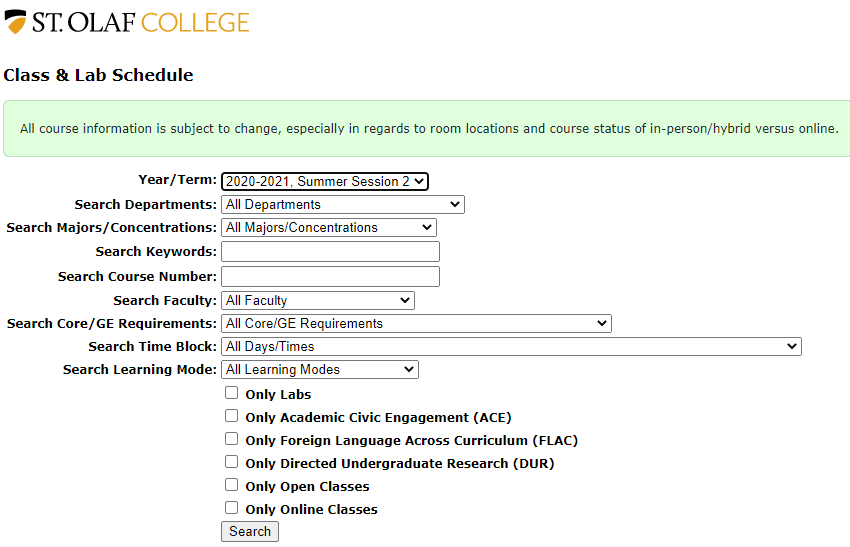
 RSS Feed
RSS Feed